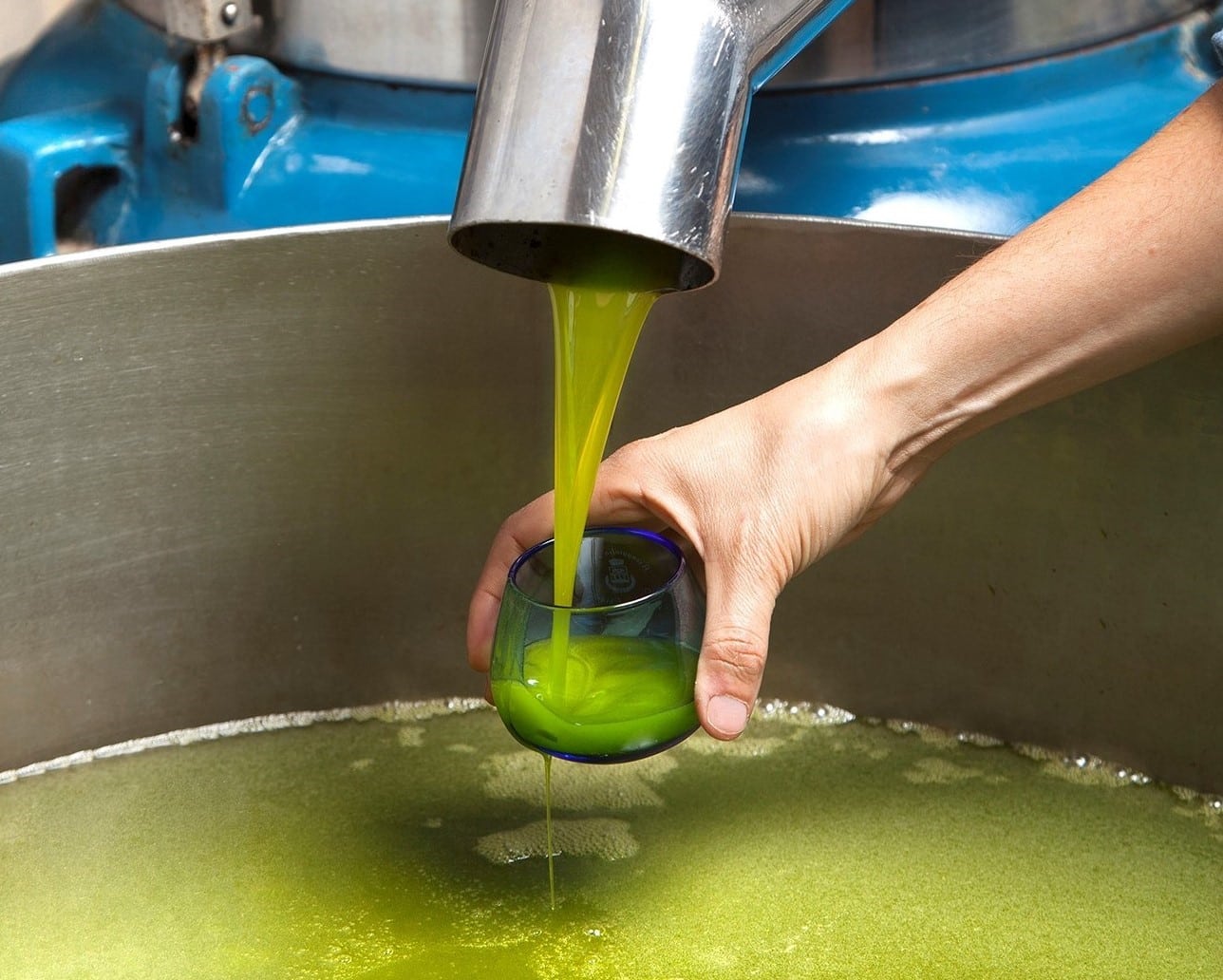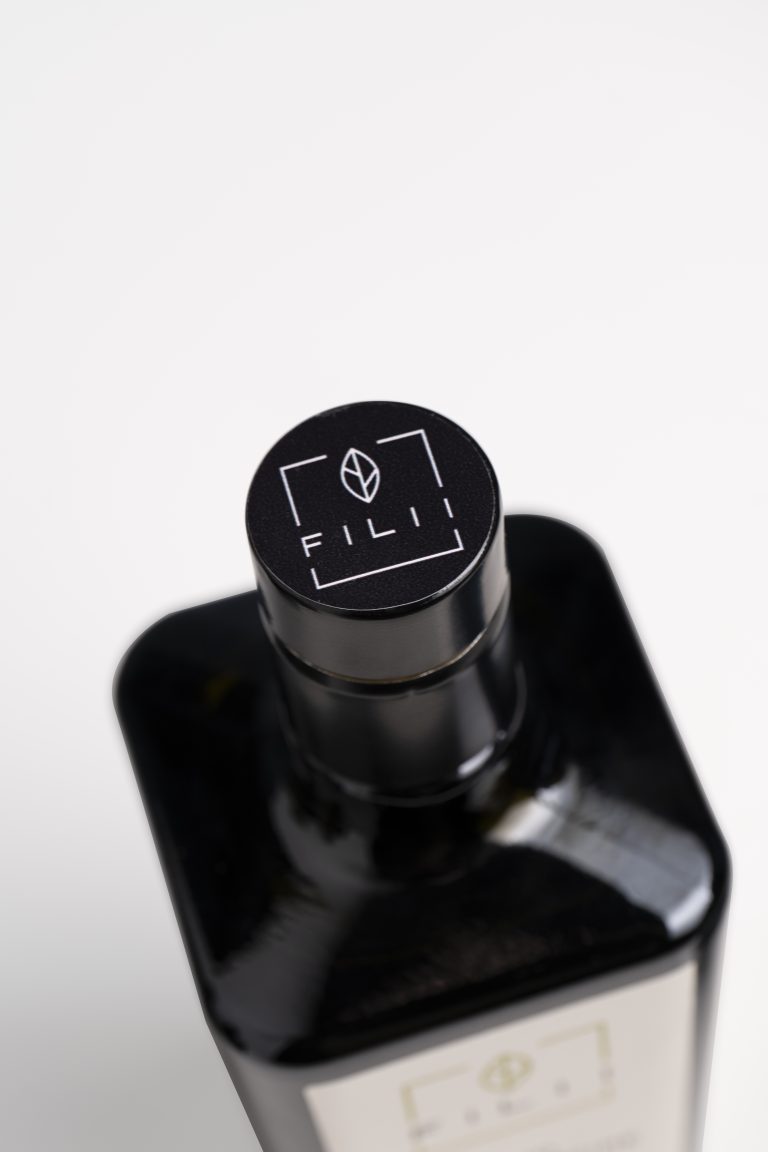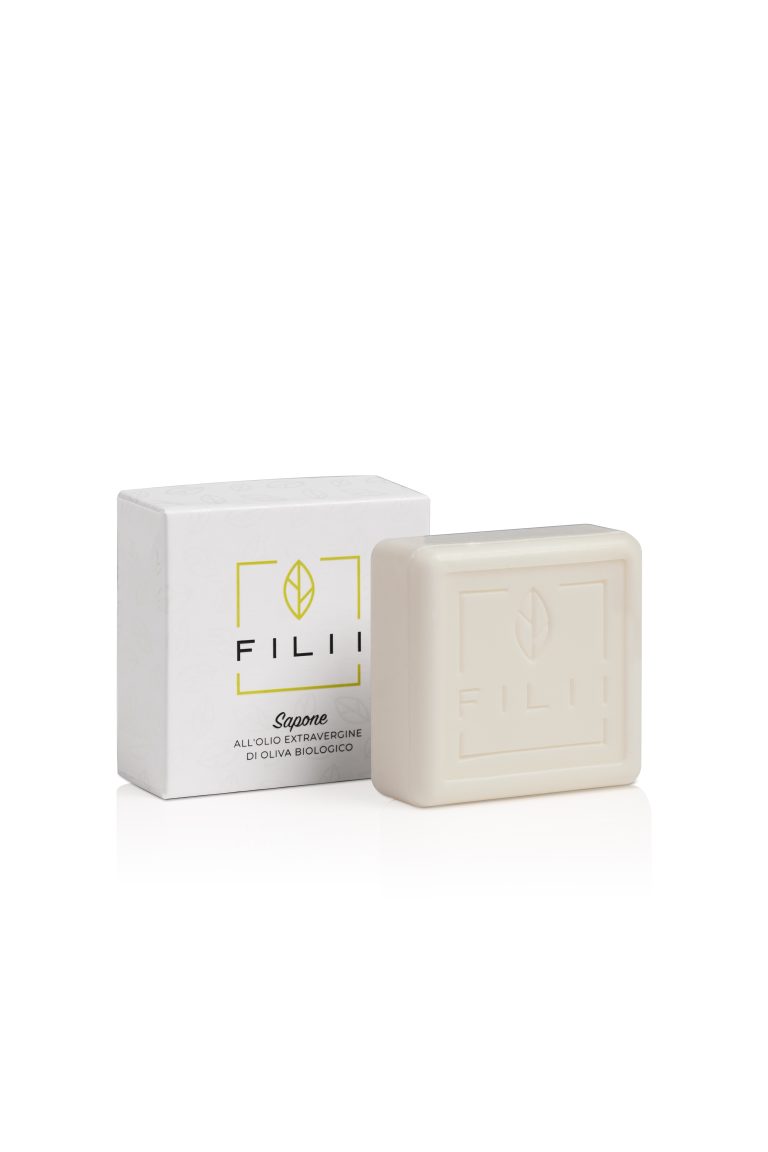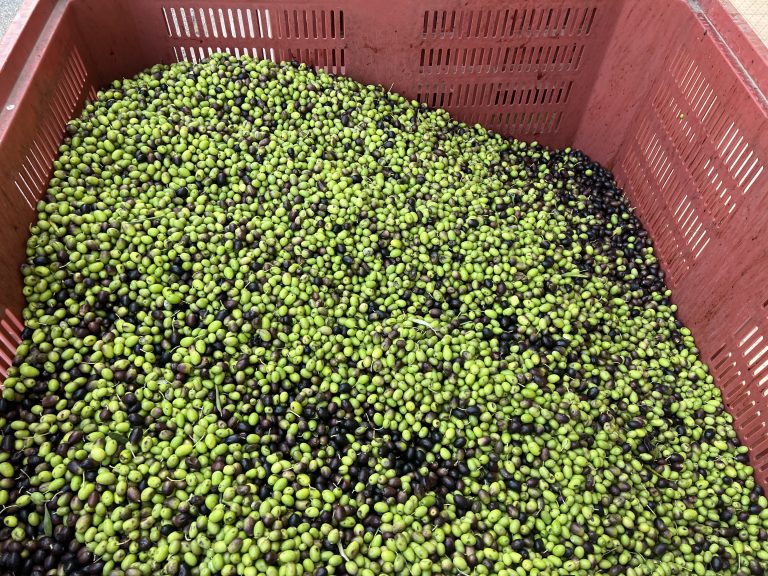
Filtration
- Post author:Guest-admin
- Post published:September 5, 2024
- Post category:Approfondimenti EN
Filtration
Filtration is one of the final but essential stages in the production of extra virgin olive oil (EVOO). Although often underestimated, this process is crucial for obtaining a clear, stable, and flawless-tasting EVOO. Through filtration, the oil is purified from any residual impurities, enhancing both its visual appearance and overall quality.
Why Filter EVOO?
During the production of EVOO, after crushing and centrifugation, the oil may contain micro-residues of vegetable water, olive pulp, and tiny solid particles. If not removed, these particles can cause fermentation or oxidation, compromising the oil’s flavor and shelf life. Filtration removes these impurities, ensuring that the oil remains stable over time while retaining its organoleptic and nutritional properties. Additionally, filtered oil is clearer and more vibrant, qualities that contribute to a visually more appealing presentation.
Filtration Techniques
There are several methods for filtering EVOO, each with its own unique characteristics:
- Paper Filtration: One of the most common methods, where the oil passes through special paper sheets that trap impurities. This process is gentle and does not alter the oil’s organoleptic qualities.
- Earth Filtration: This method uses natural substances such as diatomaceous earth or clays to absorb impurities. It is particularly effective in removing residual water.
- Cotton Filtration: The oil passes through layers of cotton that act as natural filters. This method is often used for high-quality oils as it is gentle and best preserves the oil’s characteristics.
To Filter or Not to Filter: A Quality Choice
There is an ongoing debate among producers and consumers about whether or not to filter EVOO. Some prefer unfiltered oil, also known as “new oil” or “raw oil,” which retains a more rustic flavor and a denser texture. However, unfiltered oil can be less stable and more prone to defects over time.
On the other hand, filtered oil offers greater security in terms of preservation and more consistency in flavor, minimizing the risk of alterations over time. Filtering oil does not mean losing its qualities but rather ensuring its purity and stability.
Advantages of Filtration
- Clarity: Filtration removes suspended particles, making the oil clearer and more visually appealing.
- Stability: Filtered oil is less prone to unwanted fermentation and oxidation, ensuring a longer shelf life.
- Clean Taste: Filtration ensures that the flavor of EVOO remains fresh and defect-free, enhancing the natural aromatic notes of the olives.






